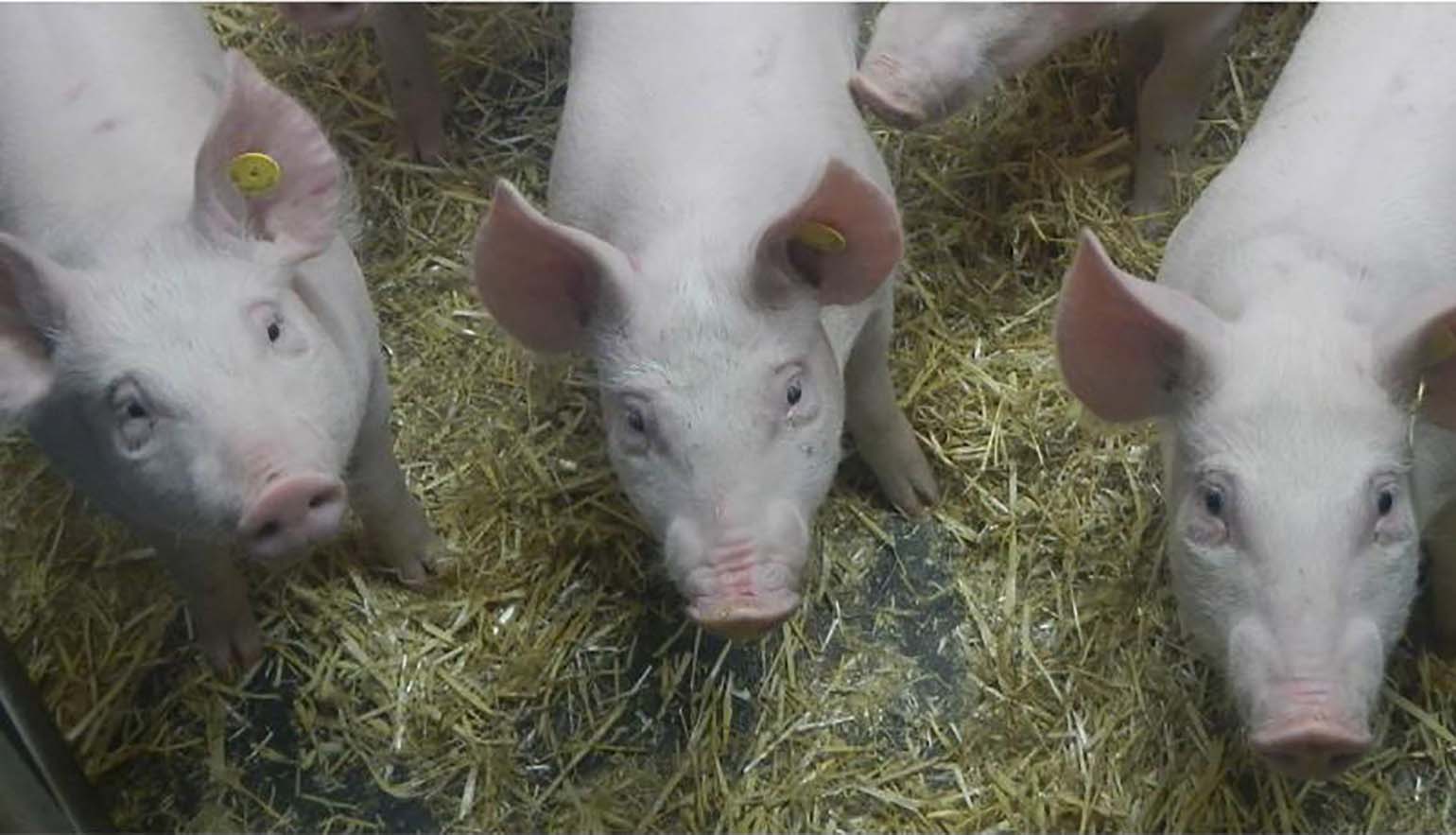Sow Farm Operators Advised to Step Up Biosecurity in Light of Increase in PRRS
June 24, 2024

The Associate Director of the Swine Health Information Center is advising pork producers, especially those operating sow farms, to be paying particular attention to porcine reproductive and respiratory syndrome
by Bruce Cochrane – Farmscape.ca
Posted in Industry











